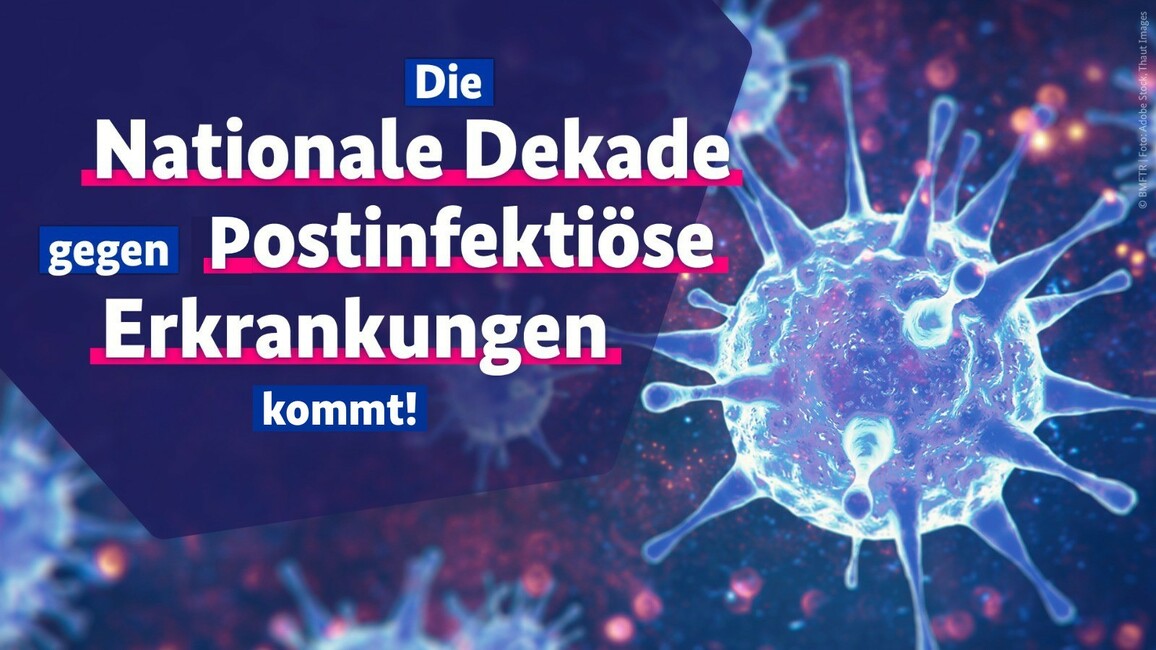Major announcement out of Germany:
National Decade Against Post-Infectious Diseases / 500 million Euro pledged over next decade
Original: https://www.bmftr.bund.de/SharedDoc...onale-dekade-postinfektiöse-erkrankungen.html
Google translation:
National Decade Against Post-Infectious Diseases / 500 million Euro pledged over next decade
Original: https://www.bmftr.bund.de/SharedDoc...onale-dekade-postinfektiöse-erkrankungen.html
Google translation:
National Decade Against Post-Infectious Diseases
News November 13, 2025
Federal Research Minister Bär: "We are opening a new chapter in the research of these diseases."

Post-infectious diseases such as Long COVID or ME/CFS represent an immense burden for those affected and their families. Effective treatment options are still lacking. To change this, Federal Research Minister Dorothee Bär, together with partners in health research, will launch the National Decade Against Post-Infectious Diseases. The aim is to decipher causes and mechanisms and to develop new treatment options.
Half a billion euros for a new chapter of research
The National Decade Against Post-Infectious Diseases runs from 2026 to 2036 and is to be funded with a total of 500 million euros.
Following the budget committee's reconciliation meeting on November 13, 2025, Federal Research Minister Dorothee Bär emphasized: "With the National Decade, we are opening a new chapter in research on these diseases. We need a long-term strategy to better understand the causes and mechanisms of post-infectious diseases and to sustainably improve the care of those affected."
The Minister underlined the urgency of this decade: "From many conversations, I know what a great burden these diseases represent for those affected and their families. The need for research is enormous: There are still no simple solutions or therapies for ME/CFS and post-viral autoimmune diseases, and previous scientific studies demonstrate the complexity of the disease mechanisms."
A milestone for those affected
Worldwide, there are currently no sufficiently evidence-based therapeutic approaches for the effective and curative treatment of post-infectious diseases. Current therapies are limited to the treatment of symptoms
Understanding disease mechanisms is key: Only when the causes and biological processes of diseases are better understood can targeted new diagnostic and therapeutic methods be developed. The National Decade will now expand and anchor research in the long term – a crucial step in the fight against post-infectious diseases.
Last edited by a moderator:
